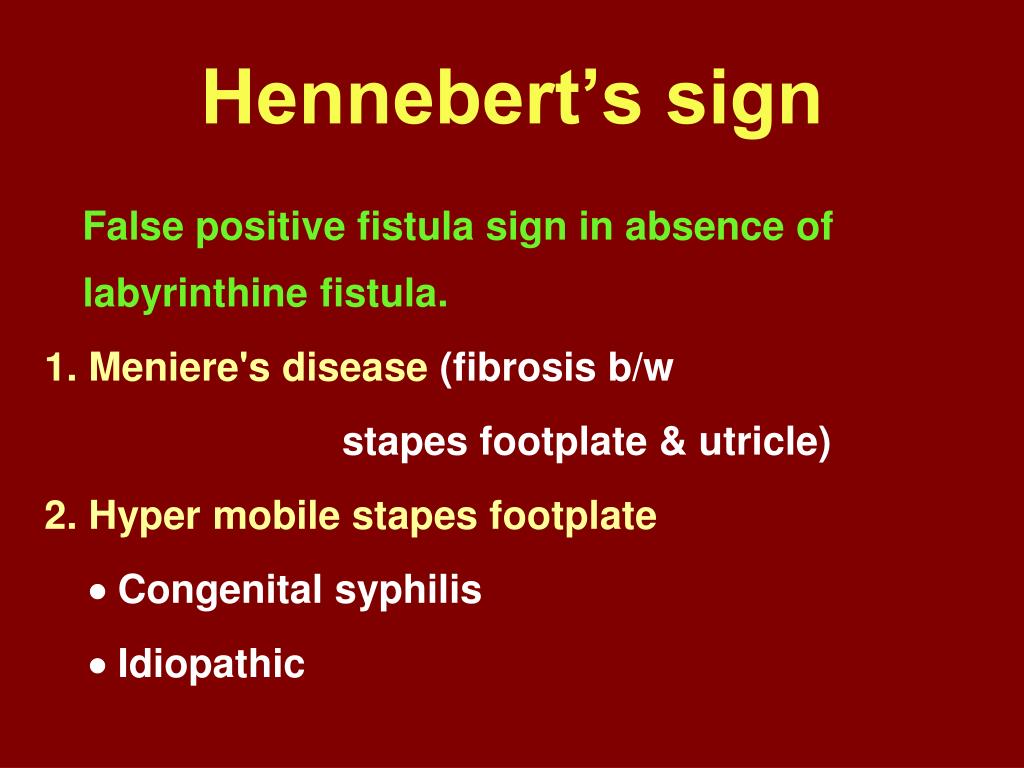Aug 11, 2019 2008-2018 - 0 false positives by Defender over those 10 years. 2019 - 10 or so false positives 2020 - well over 35 'false positives'. The first 'false positive' by defender was just a few days after wj32 quit working at Microsoft. Mark Russinovich sent both of us job offers but I turned it down because of work on critical issues at Electronic Arts. Originally answered May 13, 2019. I faced this thread 'HackTool: Win32/AutoKMS' in windows defender (win 10 pro)? What should I do? Contrary to some of the answers here, Hacktool.Win32/AutoKMS is not malware.
HackTool.Win32.HackAV or not-a-virus:Keygen (or HackTool:Win32/Keygen (Microsoft Malware Protection Center)) is the definition from Kaspersky Labs for a program designed to assist hacking. These programs often contain the signatures of potential malware, that is not dangerous by itself, but can interfere with the work on a PC, or can be used by a hacker to get some personal information from a user's computer.
How To Remove Hacktool:win32/keygen
HackTool:Win32/Keygen may also be something called a false positive, meaning the detection is a mistake.
According to the Microsoft Malware Protection Center, its first known detection goes back to July 16, 2009.[1][2]
Behaviour[edit]
This riskware is able to create license keys for illegally downloaded, non-registered software. This kind of tool may appear differently, depending on what software the tool is designed to create a key for.[1] The following security threats were most often found on PCs that have been related to these tools:
- Win32/Obfuscator[1]
Other aliases[edit]
- RiskWare/HackAV (Fortinet)
- Troj/Keygen (Sophos)
- CRCK_KEYGEN or HKTL_HACKAV (Trend Micro)
See also[edit]
References[edit]
External links[edit]

Remove Hacktool Win32 Keygen
- For more about this Threat, see Volume 13 of the Security Intelligence Report (.pdf download)
- Analysis of a file at VirusTotal
Hacktool Win32
